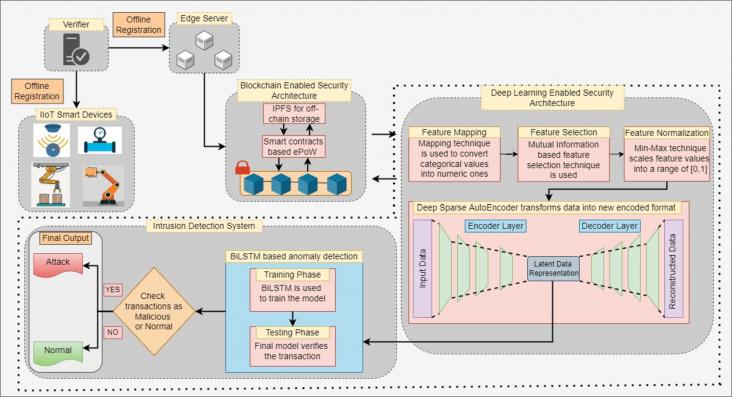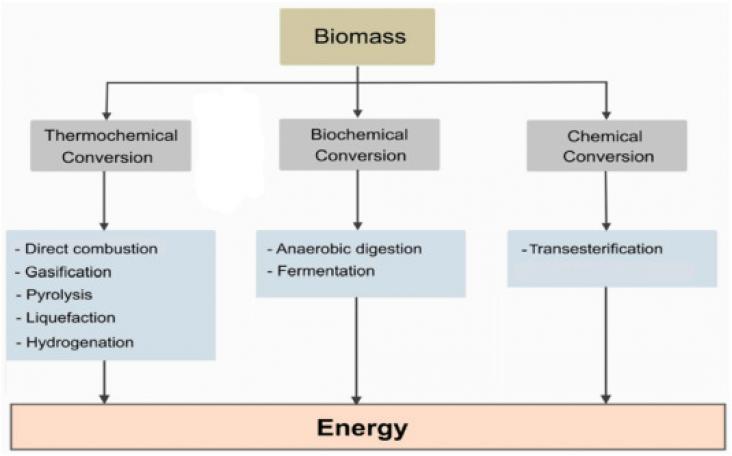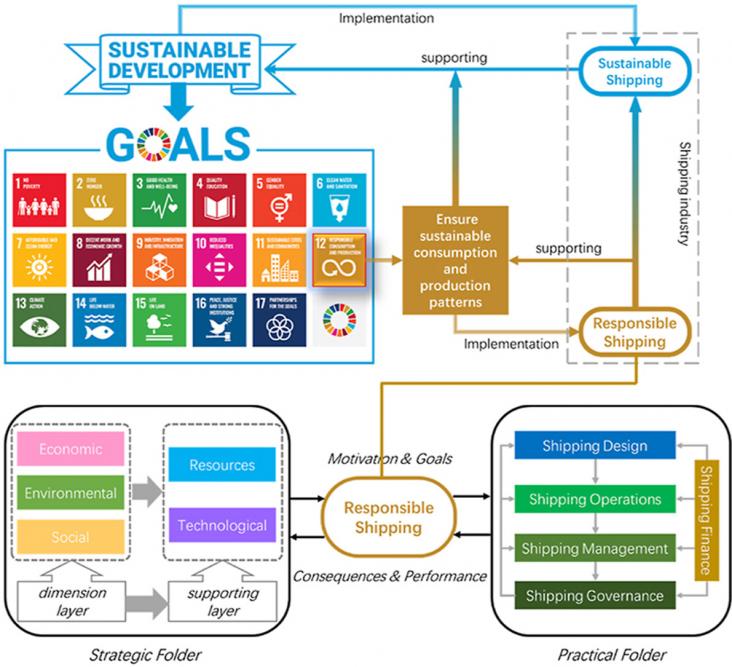
The Internet of Things (IoT) has revolutionized the traditional healthcare systems into intelligent system by allowing remote access and continuous monitoring of patient data. Specifically, first a novel scalable blockchain architecture is proposed to ensure data integrity and secure data transmission by leveraging Zero Knowledge Proof (ZKP) mechanism. Then, BDSDT integrates with the off-chain storage InterPlanetary File System (IPFS) to address difficulties with data storage costs and with an Ethereum smart contract to address data security issues.
Evaluating the bias and fairness of ML models has drawn much attention in the machine learning and statistics community. Researchers have proposed methods to assess and mitigate the bias for various applications that could adversely affect underrepresented groups, like recidivism prediction, credit risk prediction, and income prediction.
Our research explores how Stakeholder Capitalism can contribute to global governance to achieve all the 17 SDGs. The main findings revealed that Stakeholder Capitalism and its principles are favorable to foster a friendly environment for achieving most of the SDGs and can contribute to global governance in achieving mainly the SDGs 8, 9, and 17. However, Stakeholder Capitalism literature is incipient for the SDGs 6, 14, and 15, needing further research development by considering non-human stakeholders and the environment.
This article supports SDG 3 and 9 by describing a survey of health-care workers in New Zealand on the acceptability of PPE disinfection and reuse to reduce waste and increase availability and sustainability; the survey that this practice was common and had high acceptability, contingent on availability of scientific evidence in support of the disinfection process, and workers' trust in the organisation undertaking the disinfection

An investigation supporting SDGs 7 and 13, based in Ghana, into the possibility of using slaughterhouse wastes as a source of renewable energy through biogas technology. The researchers concluded that 'Ghana generates significant amount of slaughterhouse waste each year that can be processed using AD [anaerobic digestion] for energy and electricity production to supplement the country's electricity needs, while reducing GHG emissions'.
This article supports SDGs 9, 11, and 17 by illustrating the opportunity for the use of electric powered vehicles as an energy source during natural disaster events.

Offers practical insights to guide shipping industry managers to introduce environmentally responsible and sustainable practices.
This study investigates how sustainable transport infrastructure affects access to healthcare.
A technology that has shown promising potential in supporting food and energy security, as well as supporting water security, is agrivoltaic (AV) systems.
An investigation into a new integrated model for pricing and financing a sustainable supply chain that can reduce manufacturing costs and thus encourage better participation by producers in green projects.
